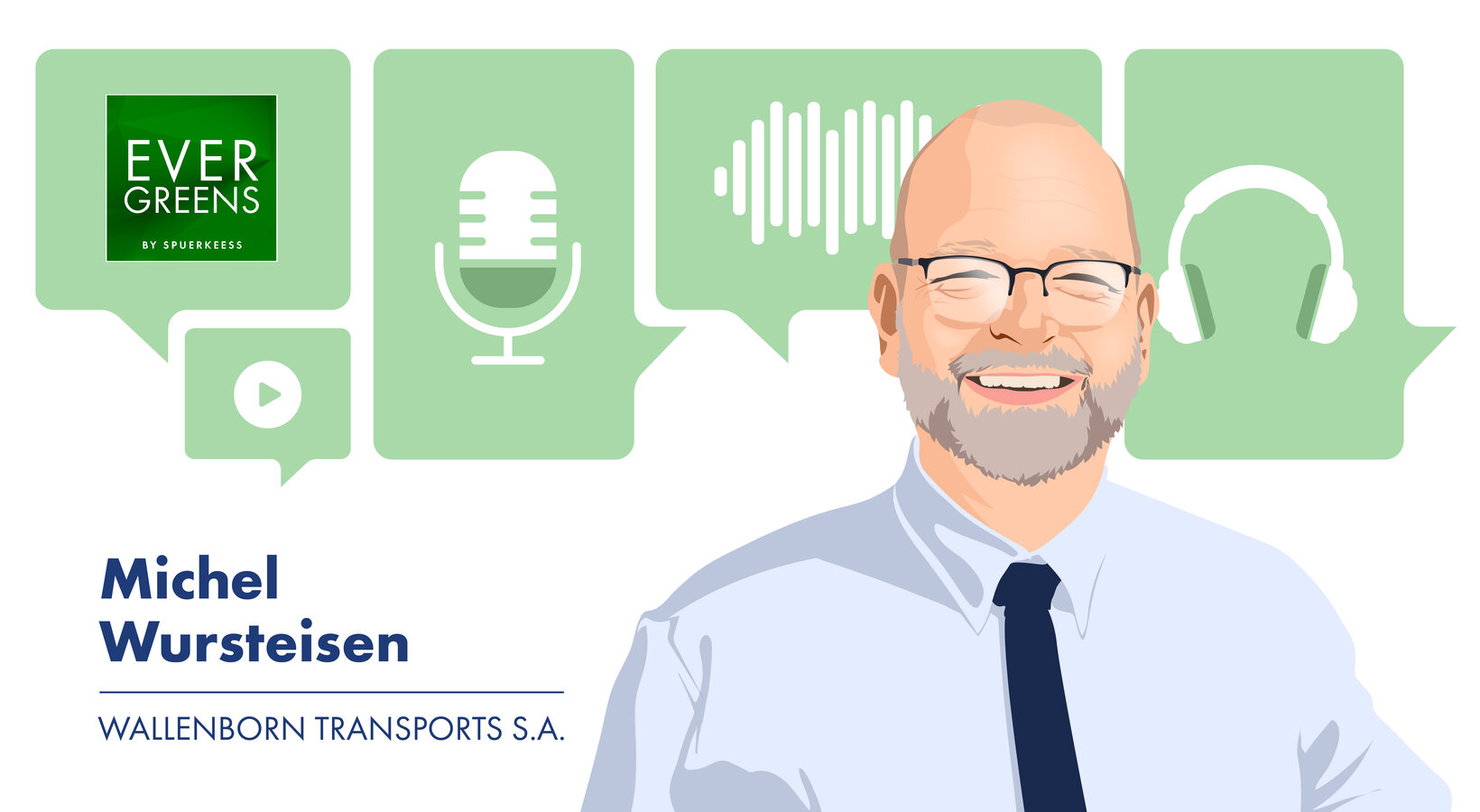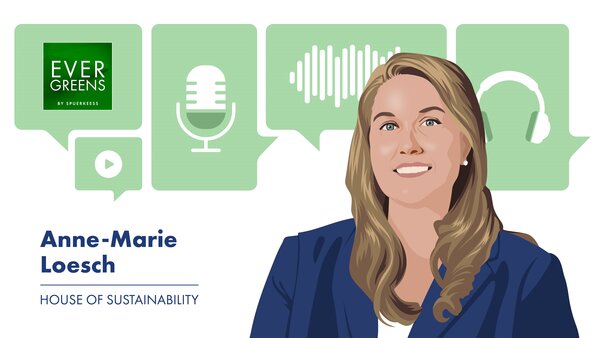How does “Wallenborn Transports” address sustainability?
Even though we are no longer statutorily subject to the CSRD (Corporate Sustainability Reporting Directive), we continue to follow its guidelines. We do this to meet the demands of the large companies in our value chain, which require sustainable development practices. In the transport sector, sustainability is not just about CO2 emissions but also covers social and governance aspects. We therefore have to comply with these expectations to remain competitive and meet our customers' demands.
At our company, sustainability means that we follow various regulations, mainly the posting of workers, mobility package and conditions of service directives. These regulations are key to ensuring that our operations comply with environmental, social and governance standards. For example, we have developed training courses for our drivers and administrative staff to raise their awareness of sustainable practices and prepare them to meet our customers' requirements. In addition, we have taken steps to reduce our CO2 emissions, but are also focused on other aspects of sustainability, such as employee well-being and corporate governance.
How important is energy independence to Europe in your view?
Energy independence is crucial for Europe, especially against major countries like Russia, the United States and China. The CSRD, even if it is scaled back or strengthened in the future, is still a vital initiative. Nothing is possible without energy, and energy sustainability is therefore paramount. Europe must find its own way when it comes to sustainable energy in order to secure its economic and environmental future.
To illustrate the importance of energy independence, it may be useful to consider the different sources of energy used by the major blocs. Russia and the United States depend mainly on oil and gas, while China uses coal and plans to bring 150 nuclear reactors on stream in the coming years. The Arabic countries are known for their oil production. Up against these energy giants, Europe must develop its own sources of renewable energy, such as hydrogen, to ensure its independence and competitiveness.
Energy sustainability is also key to meeting the current geopolitical challenges. For example, in a war economy, tanks do not run on lithium batteries but require fossil fuels. Europe must therefore make sure that it has reliable sources of energy to support its economic and military activities. In the end, Europe's future depends on its ability to develop sustainable energy solutions and incorporate these practices into its companies and financial institutions.
What challenges and opportunities are associated with implementing sustainability practices at Wallenborn Transports?
Although implementing sustainability practices can be costly, investing in the company's sustainability is very important for its future. This is not limited to symbolic actions but involves close collaboration between financial aspects and the company's other departments, including safety at work, respect for human rights and social development. Sustainability is crucial for the company's survival and viability.
Cybersecurity is another key aspect of sustainability. A cyber attack can have devastating consequences for a transport company like ours, by disrupting our operations and adversely affecting our customers. We have to anticipate these risks and implement protective measures to keep our systems secure and ensure business continuity.
In the end, sustainability is crucial for the company's survival and viability. It allows us to meet our customers' expectations, maintain our competitiveness on the market and ensure our employees' safety and well-being. Investing in sustainability is a strategic choice that helps build a strong and resilient future for the company.
![[Translate to English:] [Translate to English:]](/fileadmin/_processed_/4/4/csm_alexandra-kugener_7694260efa.jpg)


![[Translate to English:] [Translate to English:]](/fileadmin/_processed_/f/2/csm_michel-marx_54d2966b86.jpg)
![[Translate to English:] [Translate to English:]](/fileadmin/_processed_/f/7/csm_arnaud-duban_87d7d42d9b.jpg)

![[Translate to English:] [Translate to English:]](/fileadmin/_processed_/4/7/csm_438_EXP_Julien_Kohn_Spuerkeess_9001fc61ae.jpg)
![[Translate to English:] [Translate to English:]](/fileadmin/_processed_/c/3/csm_437_EXP_David_Schmit_Spuerkeess_6beedf10c9.jpg)
![[Translate to English:] [Translate to English:]](/fileadmin/_processed_/6/7/csm_433_EXP_Francesco_Ferrero_LIST_31171ca1b1.jpg)
![[Translate to English:] [Translate to English:]](/fileadmin/_processed_/d/1/csm_434_EXP_Nicolas_Griedlich_Deloitte_f84788af86.jpg)
![[Translate to English:] [Translate to English:]](/fileadmin/_processed_/0/d/csm_435_EXP_Rachid_M_haouach_Spuerkeess_6aout25_4132487c59.jpg)


![[Translate to English:] [Translate to English:]](/fileadmin/_processed_/9/7/csm_426_EXP_Romy_Reding_Spuerkeess_28mars25_f6a6df7a8f.jpg)